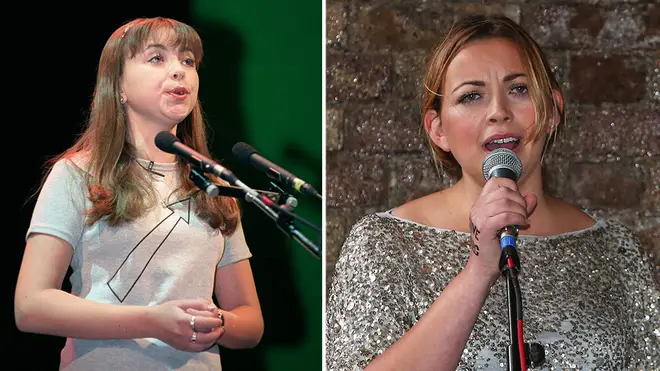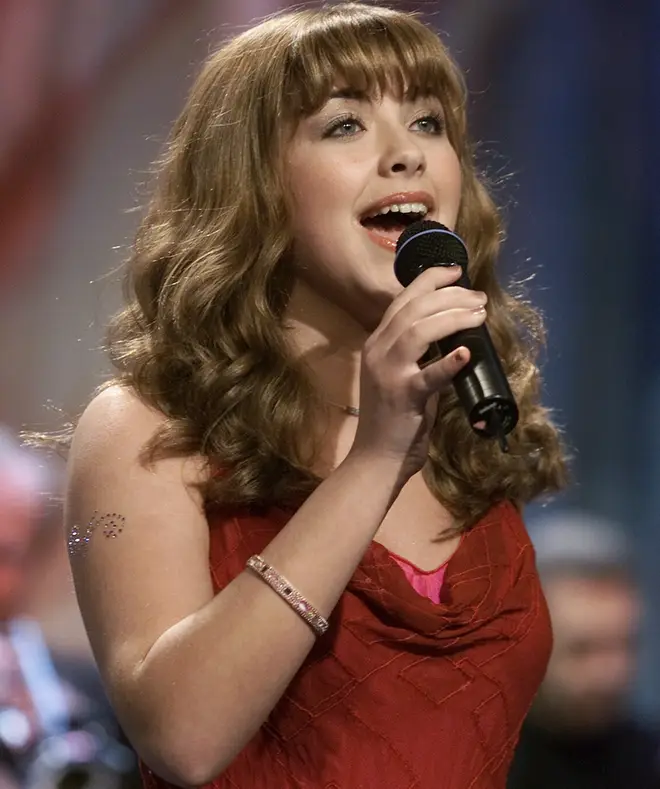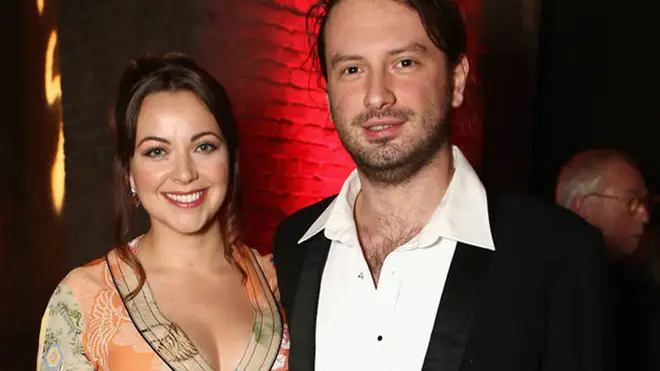On Air Now
Calm Classics with Myleene Klass 10pm - 1am
31 January 2022, 11:11

Charlotte Church rose to fame in childhood with her chart-topping rendition of ‘Pie Jesu’, and has since become one of the classical crossover genre’s most successful artists.
Welsh soprano Charlotte Church had her first musical break aged 11, when she sang Andrew Lloyd Webber’s ‘Pie Jesu’ over the telephone on popular TV show This Morning, in 1997.
While a classical singer at heart, Church has gone on to have a successful career as a pop star and TV presenter.
Here’s everything you need to know about the Welsh singing star.
Read more: Charlotte Church faces claims she is running an ‘illegal’ school

Charlotte Church was born on 21 February 1986 into a Roman Catholic family in Cardiff, Wales.
The young singer was raised by her mother, Maria Cooper, after her parents split and her father left the family. In 1992, Maria married her second husband, James Church, who adopted Charlotte in 1999.
In the same year as her ‘Pie Jesu’ TV hit, Church sang on ITV’s Big, Big Talent Show, gaining her an invitation to sing at Rupert Murdoch’s wedding in 1999.
Aged 16, Church left school to pursue a career in music. She went on to perform all over the world, including in her hometown at Cardiff Arms Park, the Royal Albert Hall, London and opening for Dame Shirley Bassey in Antwerp.
At the peak of her fame, Church became known to many fans as the ‘Voice of an Angel’, thanks to the success of her debut album of the same name in 1998 – a collection of hymns and songs which sold millions worldwide and reached No. 1 on the British classical crossover charts.

Charlotte Church - Pie Jesu (Official Live From Brixton Academy)
After her debut album Voice of an Angel (1998), Church released three classical crossover albums: the self-titled Charlotte Church (1999), Dream a Dream (2000), and Enchantment (2001).
The latter saw Church break into musical theatre singing, covering the likes of Rodgers and Hammerstein’s ‘If I Loved You’, and Bernstein’s ‘Somewhere’.
At the turn of the 21st century, Church reinvented herself as a pop artist with the Platinum-selling original album Tissues and Issues (2005), followed by Back to Scratch (2010) five years later.
A second musical reincarnation saw Church branch into alternative rock with a series of five EPs including One and Two, followed by a full album, Three (2013).
In 2017, Charlotte Church married her partner Jonathan Powell, a singer, songwriter and producer. The happy couple have a daughter together, Frida, who was born on 15 August 2020.
Church also has two children with former fiancé, rugby player Gavin Henson – a daughter, Ruby, who was born in 2007, and a son Dexter, born in 2009.
Read more: Girl, 15, charged with robbing Katherine Jenkins

In the 1990s, Church was worth an estimated £25m following the roaring success of her classical albums. Today, the Welsh singer has an estimated net worth of £9m.
In 2019, the singer won a court battle with neighbours to transform her £2.5m home into a private school, where she hopes to ‘liberate’ children through music.
The school is situated in Dinas Powys, South Wales, and classes accommodate 20 pupils at a time. Church also homeschools her own children, saying that children should have the freedom to choose what they learn.
Welcoming students between the ages of nine and 12, the school is non-paying and allows pupils to have a say over the rules, how they want lessons to be delivered, what food they eat and how they travel to school.